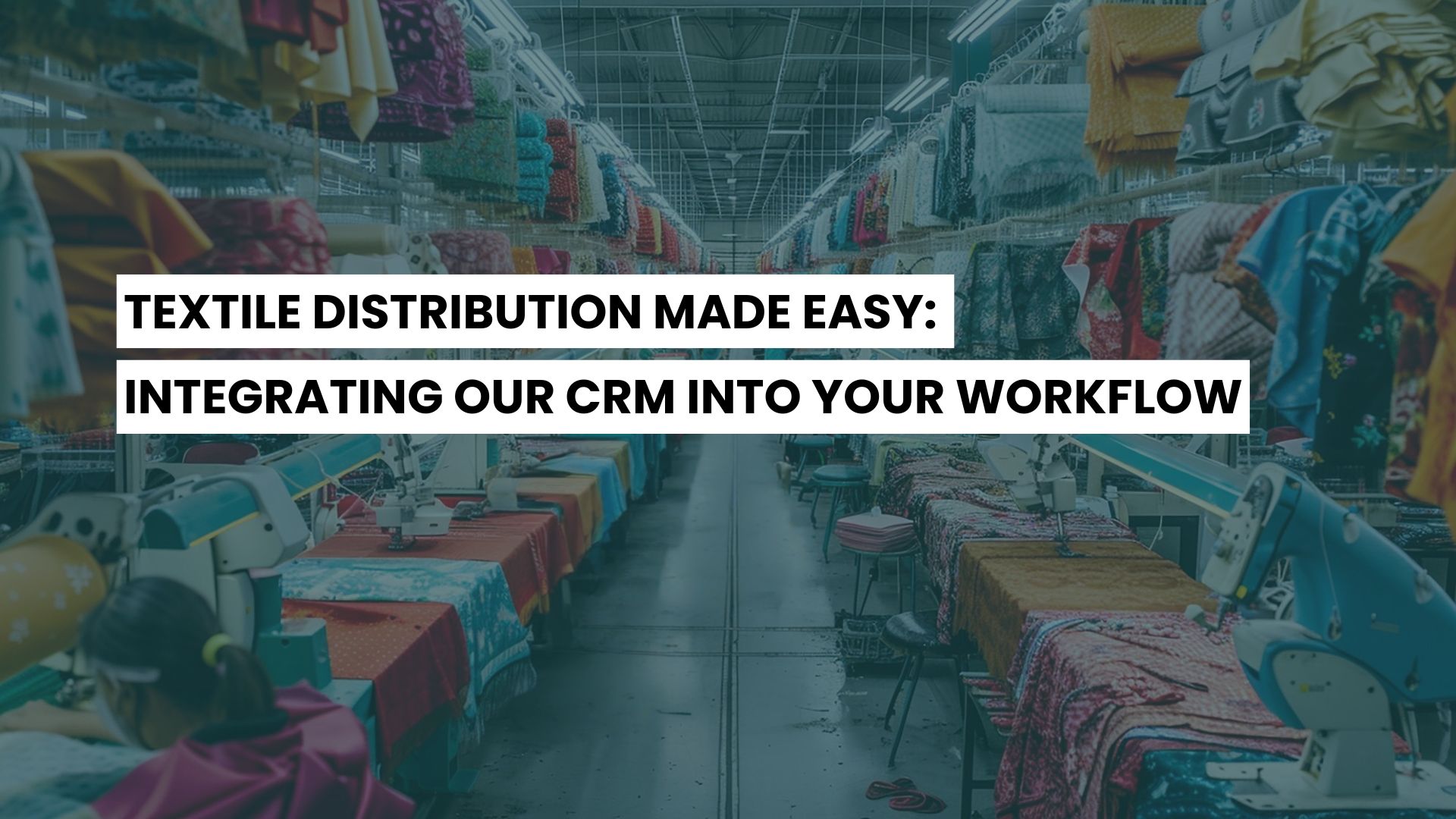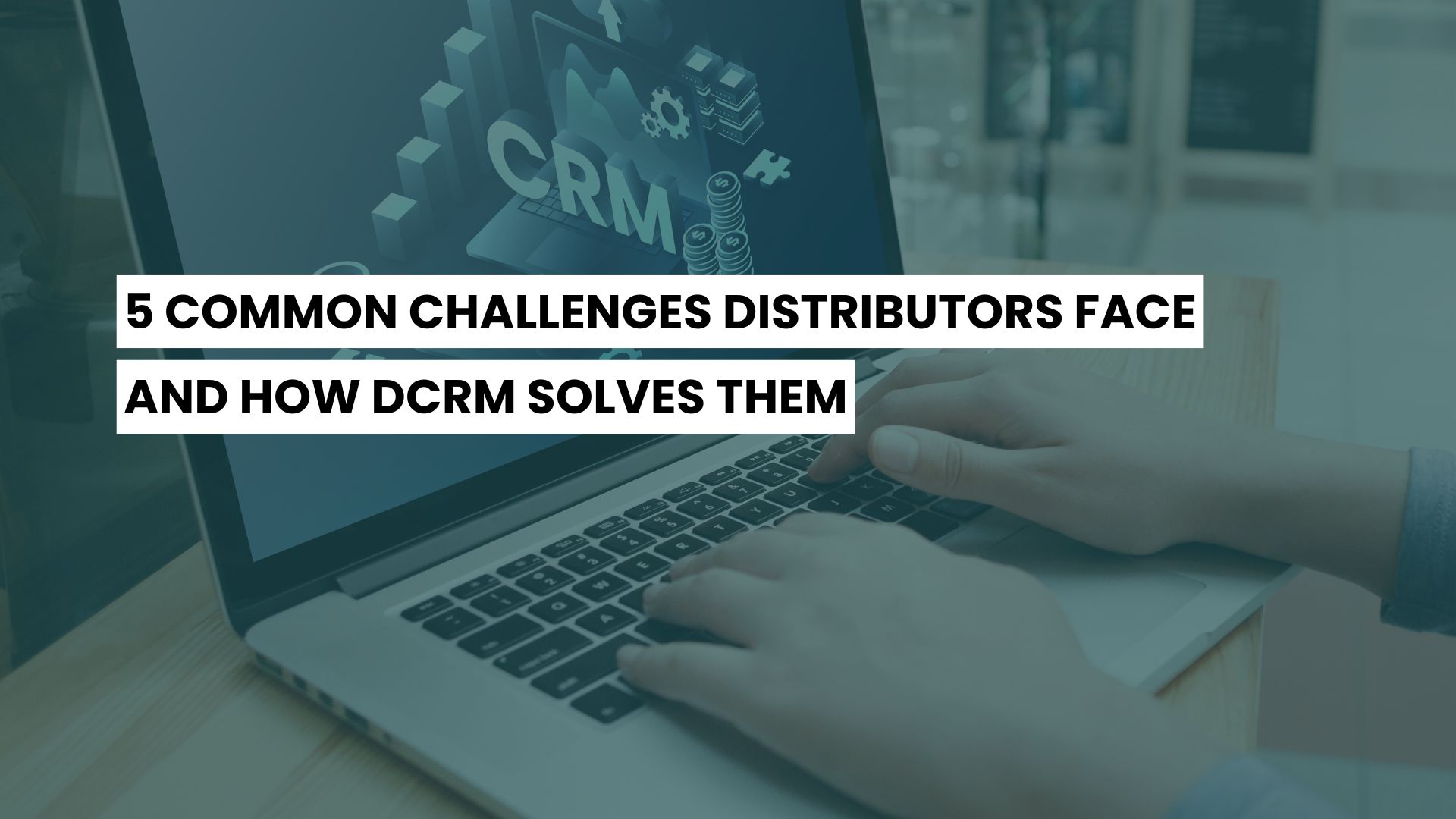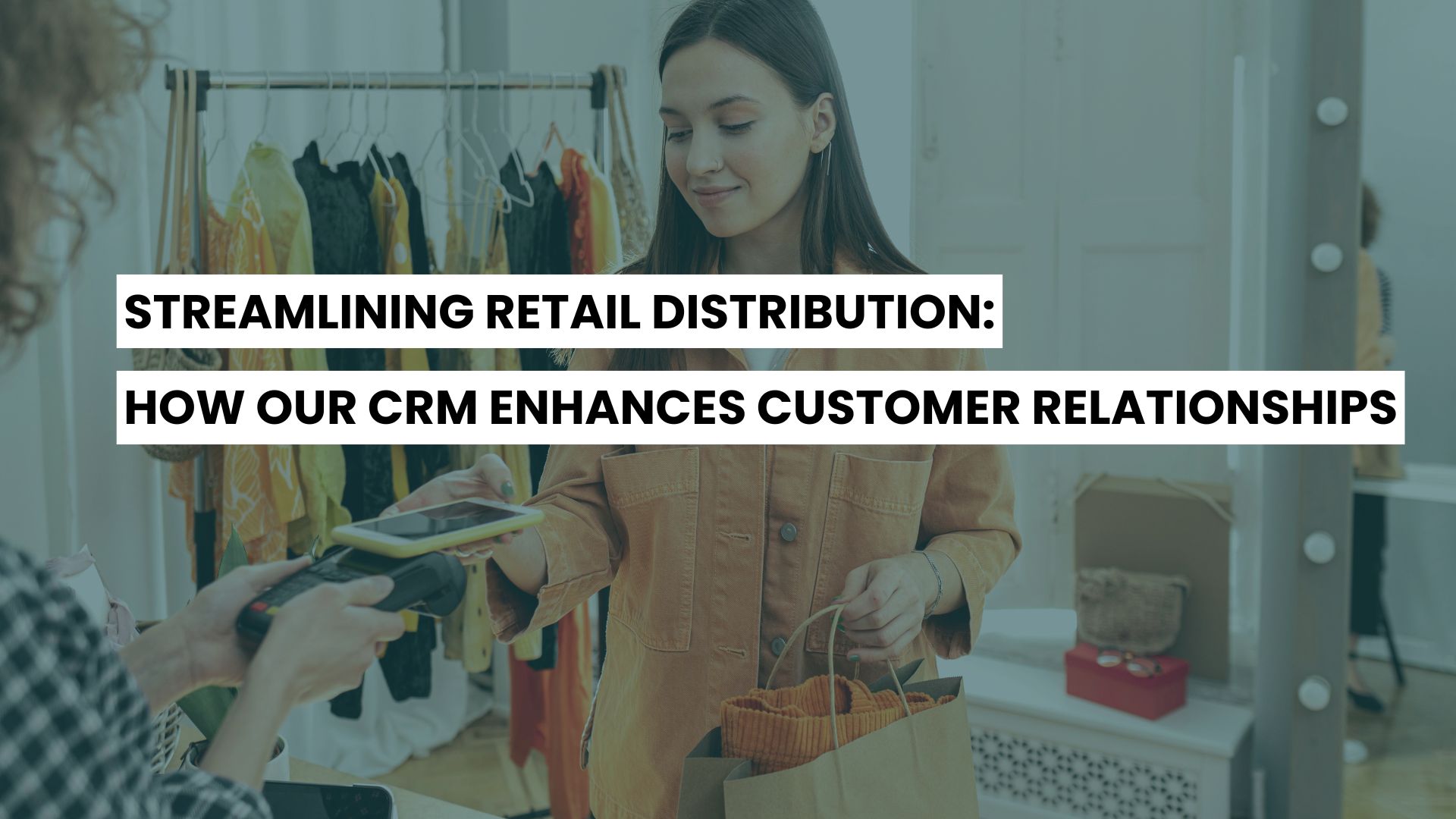Wholesalers and distributors are crucial parts of the distribution channel, forming a link between the manufacturers and the retailers. Although this group is very important for the overall supply chain, it usually does not get enough attention from the software vendors.
Today, there are thousands of software solutions that meet the needs of manufacturers and retailers, and only a few solutions that cater to the needs of the wholesale and distribution industry.
The business of Wholesalers and Distributors:
Wholesalers and distributors sit between manufacturers and retailers in the supply chain. In a simple model, a wholesaler fills orders from retailers from an inventory that is purchased in bulk from other suppliers.
Distributors act as an intermediary between the manufacturers and the retailers and provide additional services such as adding value to the product, taking an active role in the sale and promotion of the product, and processing returns.
In reality, the line between the wholesalers and distributors are not always so clear, and many times wholesalers will provide distribution services and vice versa. Therefore, many companies label themselves as “wholesale distributors”.
The DCRM for manufacturing or retail usually does not cover the needs of the wholesalers and distributors. They require deep functionality in some areas that are not present in the manufacturing and retail business. These are the four main business areas that every DCRM for wholesalers and distributors should provide:
- Distribution process management
- Supply chain management
- Retail and e-commerce
- Back-office operations
1. Distribution process management:
As a wholesaler or distributor, it’s important to have a DCRM (distribution channel relationship management) system in place to manage your business operations effectively. Here are four key components of a DCRM system that can help you run your business smoothly:
Order management:
A DCRM system with a good order management module can help you streamline your order processing and ensure that orders are being fulfilled correctly and in a timely manner. This can help you avoid costly errors and delays in your supply chain.
Customer relationship management:
A DCRM system can also help you manage your customer relationships effectively. It can help you track customer orders, contact information, and preferences. This information can be used to provide better customer service and boost customer loyalty.
Pricing management:
A DCRM system can also help you manage your pricing effectively. It can help you track competitor prices, understand customer price sensitivities, and make informed pricing decisions. This information can help you stay competitive and maximise your profits.
2. Supply chain management:
The term “supply chain management” (SCM) is used to describe the coordination and management of resources and information throughout the life of a product, from its conception to its disposal. SCM covers a wide array of activities, including the procurement of raw materials, the manufacture of goods, their distribution to retailers, and ultimately their sale to consumers.
Wholesalers and distributors play a critical role in the supply chain, providing the link between manufacturers and retailers. They purchase goods from manufacturers and then sell them to retailers, ensuring that products are available to consumers when and where they are needed.
There are four key components of effective supply chain management for wholesalers and distributors:
Order management:
Coordinating the receipt, storage, and distribution of products to ensure that orders are filled correctly and on time.
Transportation management:
Planning and executing the transportation of goods to ensure that they arrive at their destination on time and in good condition.
Customer service:
Managing customer relationships to ensure that their needs are met and that they are satisfied with the products and services received.
Effective supply chain management is essential for wholesalers and distributors to compete in today’s marketplace. By focusing on these four key components, they can ensure that they are providing the best possible service to their customers while maximising efficiency and reducing costs.
3. Retail and e-commerce:
There are four key components of a DCRM for wholesalers and distributors. They are:
Pricing:
This involves setting prices that are competitive and profitable, and negotiating discounts and contracts with suppliers.
Sales management:
This includes managing the sales team, developing marketing campaigns, and tracking sales progress.
Customer service:
This involves providing good customer service, resolving complaints, and maintaining customer relationships.
4. Back-office operations:
Wholesalers and distributors need to have a reliable and efficient back-office operation in order to run their business smoothly. There are four key components that every back-office operation should have:
Order processing:
The back-office operation should have a system in place to manage orders from customers. This system should be able to track the status of orders, generate invoices, and provide customer service.
Accounting and financial management:
The back-office operation should have a system in place to manage the financial aspects of the business. This system should be able to track sales, expenses, and profitability. It should also be able to generate financial reports.
Conclusion:
The most important thing to remember when choosing a DCRM for your wholesaler or distributor business is to make sure it has the 4 key components that are essential for success. Without these 4 components, your DCRM will not be effective and could ultimately lead to the failure of your business.




